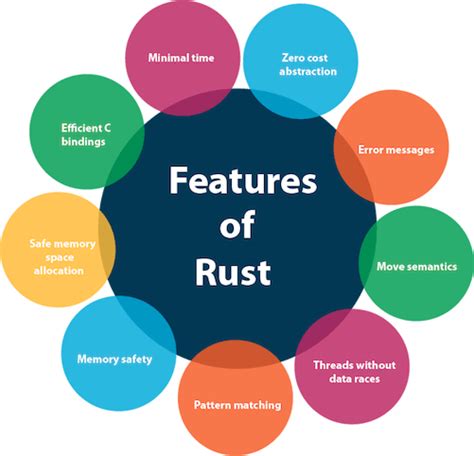The ongoing exploration into Rust’s calling conventions significantly underscores the language’s quest for robustness in managing abstractions without conceding performance. Often juxtaposed with Swift’s more flexible handling of similar challenges, Rust’s current paradigm shows both formidable strengths and evident limitations. Swift’s adoption of a stable application binary interface (ABI) for dynamic linking showcases a motivated and comprehensive approach, primarily driven by Apple’s ecosystem requirements. In contrast, Rust adheres to a more conservative strategy that prioritizes memory safety and data race prevention above the runtime costs that Swift willingly adopts. This inherent difference in design philosophy not only distinguishes the two languages but also sparks a broader conversation about what the ideal calling convention should entail. This includes reducing overhead in cross-language interactions and potentially increasing Rust’s appeal for system-level programming where runtime cost is a critical factor.
While Rust’s current lack of a custom calling convention for Rust-level semantics limits its capabilities compared to Swift, it also preserves its stringent memory safety guarantees. The discussion isn’t merely a technical one; it reflects deeper implications about the backing and resources available to a programming language and how these can influence its evolution and adoption. Swift’s evolution under Apple’s tutelage provides it with resources to address ABI stability that are not as readily available to Rust. However, this has also pushed Rust enthusiasts and developers to innovate within constraints, focusing on language safety and efficiency without the luxury of extensive corporate sponsorship. The dialogue around these developmental pathways illuminates not just the languages themselves but also the differing community and corporate dynamics that drive their growth.
The practical implications of adopting a more dynamic calling convention like Swift’s involve a trade-off between performance and overhead, particularly evident in scenarios involving inter-library calls. While Swift can optimize calls within a library to avoid runtime costs, through techniques like direct linking and generics monomorphization, the costs emerge when interfacing with external libraries. This nuanced handling allows Swift to adapt fluidly in diverse development environments, suggesting a possible framework for Rust to consider, especially in cultivating its interoperability capacities. These runtime costs, while often seen as a drawback, could be reevaluated in Rust’s context to balance between system performance and the flexibility needed in modern, complex software ecosystems.
Interoperability between different programming languages, such as Rust and Go or Rust and C#, also surfaces as a pivotal factor influencing calling conventions. The conversation often circles back to the management of managed and unmanaged code, a perennial challenge in software development. Integrating Rust with other languages through foreign function interfaces (FFIs) poses both opportunities and challenges, as seen through various community feedback on the efficacy and safety of such integrations. The complexity of these interactions underscores the need for a nuanced approach to calling conventions that not only addresses memory safety but also optimizes cross-language interactions to extend Rust’s applicability in multi-language environments.
Ultimately, the trajectory of Rust’s development in regard to its calling convention hinges on a blend of community innovation, theoretical advancements in programming language design, and pragmatic software development needs. As the conversation evolves, it pulls in considerations from diverse programming paradigms and operational contexts, painting a complex picture of what effective language design should entail in addressing both modern software challenges and developer needs. Such discussions are not mere academic exercises but vital contemplations that may well shape the future toolkit offered by languages like Rust, potentially steering it towards more adaptive, efficient solutions that do not compromise on its core tenets of safety and concurrency.


Leave a Reply